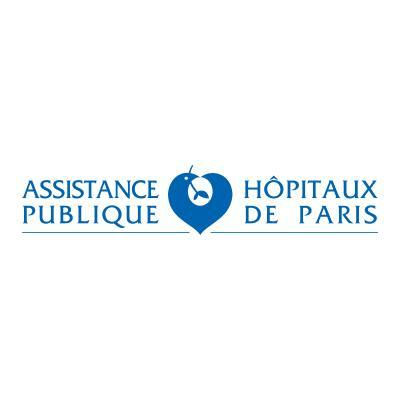The main objective of this research is to measure the influence of equine-assisted therapy sessions on the quality of life of children with ASD, using the PedsQL™ 4.0 questionnaire as an evaluation tool.
The secondary objectives of this study are to measure the influence of these equine therapy sessions on the quality of life of parents of children with ASD, using the PAR-DD-QOL questionnaire, and to qualitatively analyze the progress of children in terms of communication, motor skills, social connections, etc., during equine therapy sessions, through tracking sheets.
This interventional, prospective, and monocentric study aims to evaluate the effect of equine therapy on the quality of life of children with ASD and their families. As a pilot study, it aims to assess the feasibility of a larger-scale study with a rigorous methodology, with the aim of including a control group and conducting a randomized, multicentric, single-blind trial in future studies. It will take place at the La Musse Hospital - La Renaissance Sanitaire, specifically within the equine therapy center of the La Musse facilities. Recruiting 20 children (8-12 years old) with ASD is required for this study. To do this, the inclusion criteria are as follows: participants must be children aged 8 to 12, diagnosed with ASD by a doctor. They must be able to participate in equine-assisted therapy sessions and understand instructions during these sessions. In addition, they must be affiliated with the social security system. The primary and secondary assessment criteria respectively include the average of the two scores obtained from the PedsQL™ 4.0 child and parent report questionnaires; the overall score of the PAR-DD-QOL questionnaire, as well as the qualitative analysis of the equine therapists' tracking sheets. Measures are taken to minimize selection, recruitment, and confusion biases, and specific eligibility criteria are defined. Each participant will benefit from 15 equine therapy sessions, twice a week, over 7 to 8 weeks. Each session will last 60 minutes.
The intervention of this study begins with the participant selection process, including an initial contact by phone or during a medical consultation, followed by an oral explanation and the provision of written information to parents and the child. After a reflection period, and if they agree, the parents and the child sign a consent form. The children then undergo 15 equine therapy sessions, including various activities such as emotional expression, contact with the horse, grooming, activities on foot or on horseback, and a debriefing time. Quality-of-life evaluations will be conducted five times during the study using the PedsQL™ 4.0 child, PedsQL™ 4.0 parent report, and PAR-DD-QOL questionnaires (before the first session, after the first session, at the 5th session, at the 10th session, and at the 15th session). Additionally, a tracking sheet will be completed by equine therapists during the sessions. The criteria for interrupting or modifying interventions are established, allowing participants to withdraw at any time for various reasons. Strategies are implemented to improve adherence to rehabilitation protocols, such as regular reminders and the distribution of a schedule of appointments. The individuals concerned are fully informed of the study and their rights.
The expected outcomes include an improvement in the average quality-of-life scores of children with ASD, an improvement in the quality-of-life score of their parents, and behavioral progress in the children. The sample size is set at 20 children with ASD, with a detailed statistical analysis plan using Excel and SPSS.









